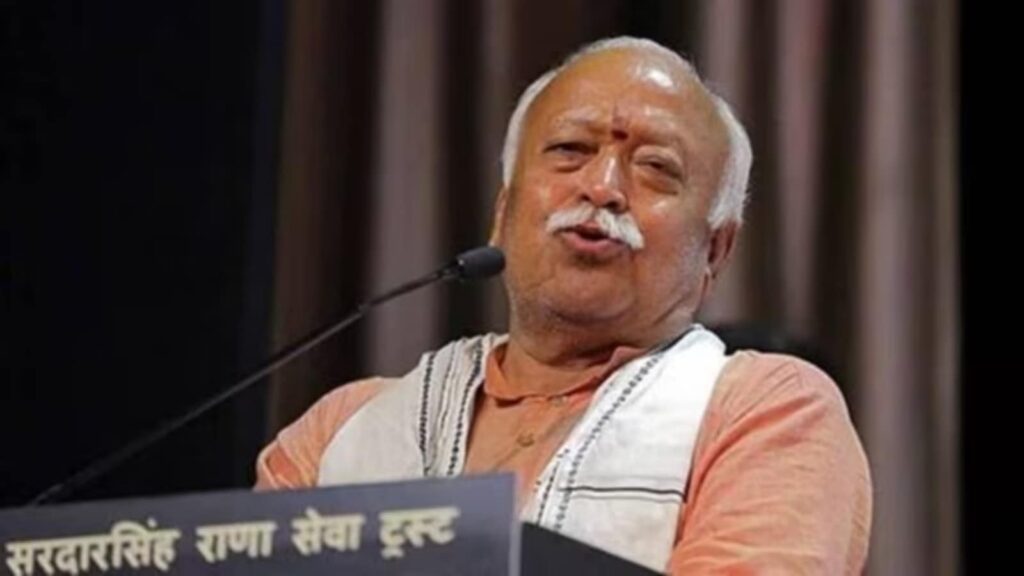With some Opposition parties, including of the INDIA bloc, deciding against participating in the Joint Committee of Parliament being set up to look into the three contentious Bills seeking removal of jailed ministers, the Congress Monday appeared to be on the horns of a dilemma.
The opinion in the party is divided, with the majority against joining the panel. However, sources said, the party is yet to take a final decision.
The Left parties too are weighing their options. The Left has not received a formal letter from the government seeking names of MPs to be nominated to the committee, and leaders said they are caught in a Catch-22 situation.
The question before the Congress and Left is whether it is politically prudent to abdicate the space of a parliamentary committee. But, there is also the question of Opposition unity.
The Trinamool Congress, Aam Aadmi Party — which is officially no longer a part of the INDIA bloc but has so far opposed the Bills in Parliament along with the rest of the Opposition — Samajwadi Party and Shiv Sena (UBT) have said that they will not be a part of the joint panel. The RJD too is “inclined to say a polite no”, a senior party leader said.
Now that four key Opposition parties have declared that they will boycott the panel, Congress leaders who are thinking similarly argue that the Opposition should remain united and not stand against the tide.
“How can we stand alone when most of the Opposition parties are not in favour of joining the panel? The narrative then will be that the Opposition is divided. Other parties will also turn against us,” one leader said, explaining the dilemma.
The counter argument, as per some leaders, is that the panel is an effective platform through which the Opposition can make their arguments forcefully, both oral and written, and take it to the people.
The Opposition, one leader said, had joined more critical joint panels on the Waqf (Amendment) Bill and One Nation, One Election Bill — and could take this issue up as well.
“We cannot abdicate spaces like this that are available to us. Participating in the meetings, putting forth our views and presenting a dissent note in the end.. All that will be part of the record for posterity… It will all be a part of parliamentary records,” one leader said.
Another leader also said that abstaining from the panel would not be a “politically prudent” choice.
“If not this joint committee, we cannot be part of any parliamentary committee because the BJP has a majority in all the panels. It is not politically prudent. When the matter reaches the court, it will also analyse what happened in the committee,” the leader pointed out.
He added that the court will take into consideration the “majority and minority” views of the committee before “taking an informed view”.
“Why do you want to barter away that facility (of dissent)?… The boycott demand lacks logic,” a leader said.
“Some parties are looking at momentary politics… Headline politics… It should not be like that… We should look beyond a headline,” another leader said in an apparent reference to the TMC.
The TMC was the first to announce its decision of not joining the panel. The SP, AAP, and Shiv Sena (UBT) followed suit.
“The Modi government is pushing the 130th Constitutional Amendment to bulldoze democracy and the people’s elected govt. The JPC formed to review this Bill is a mere stunt. Shiv Sena chief Uddhav Thackeray clarifies that Shiv Sena will not participate in such a JPC,” party leader Sanjay Raut said in a post on X.
Asked what would happen if the parties do not join the JPC, Union Home Minister Amit Shah said Monday that the panel would continue to do its work.
“If the Opposition decides not to cooperate in any work for the next four years from tomorrow…. toh desh nahin chalega kya? Aise nahin chalta (will the country stop running? That is not how it works). What we can do is give them the opportunity to speak, put forth their position… If they do not want to put forth their point of view, if they do not want to speak… The people of the country are watching,” Shah said.
The Constitution (One Hundred and Thirtieth Amendment) Bill was tabled along with the Government of Union Territories (Amendment) Bill and the Jammu and Kashmir Reorganisation (Amendment) Bill amidst chaotic scenes in Parliament.
The Constitution (One Hundred and Thirtieth Amendment) Bill says that any minister, including the Prime Minister and Chief Minister, who has been in jail for 30 days for a serious offence will lose his or her post.

